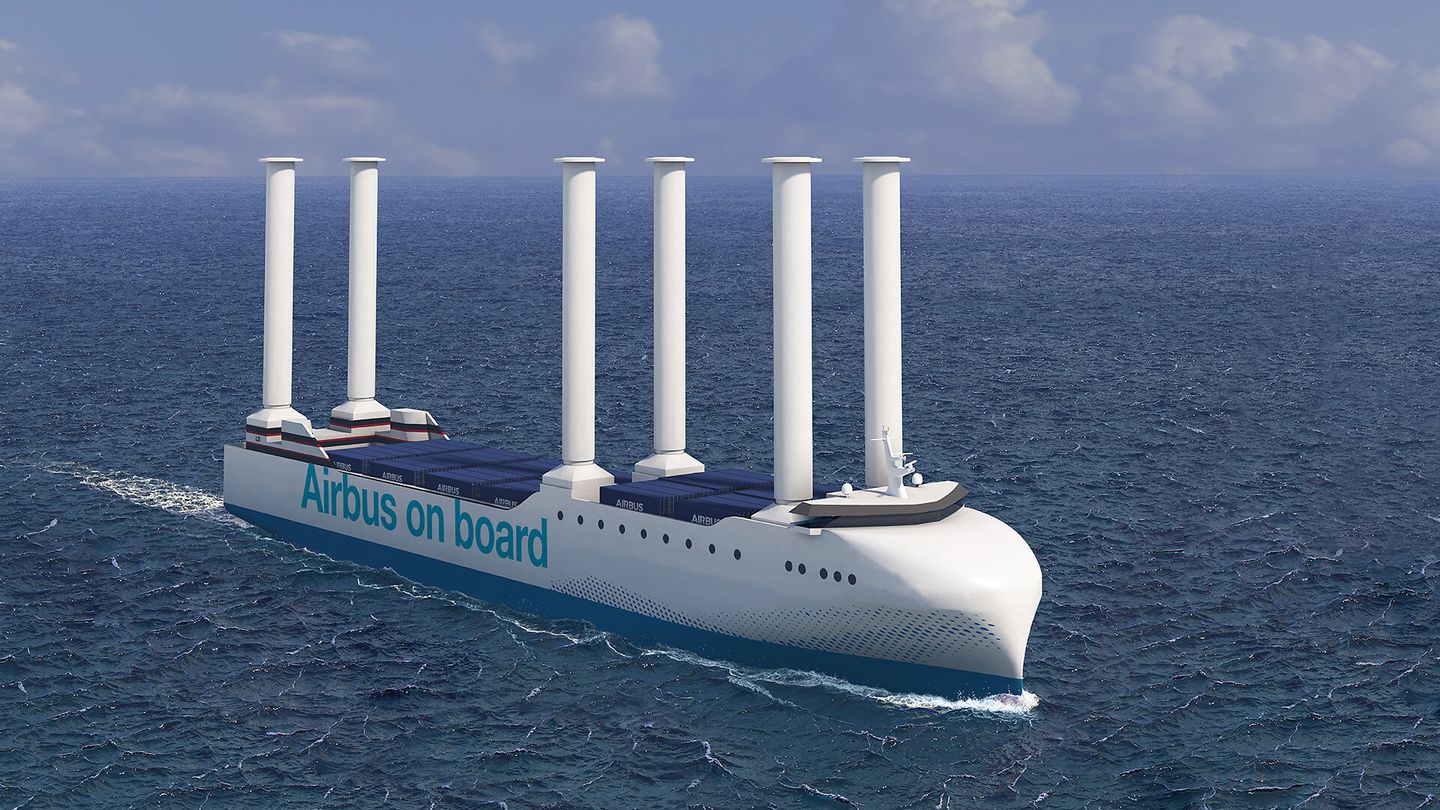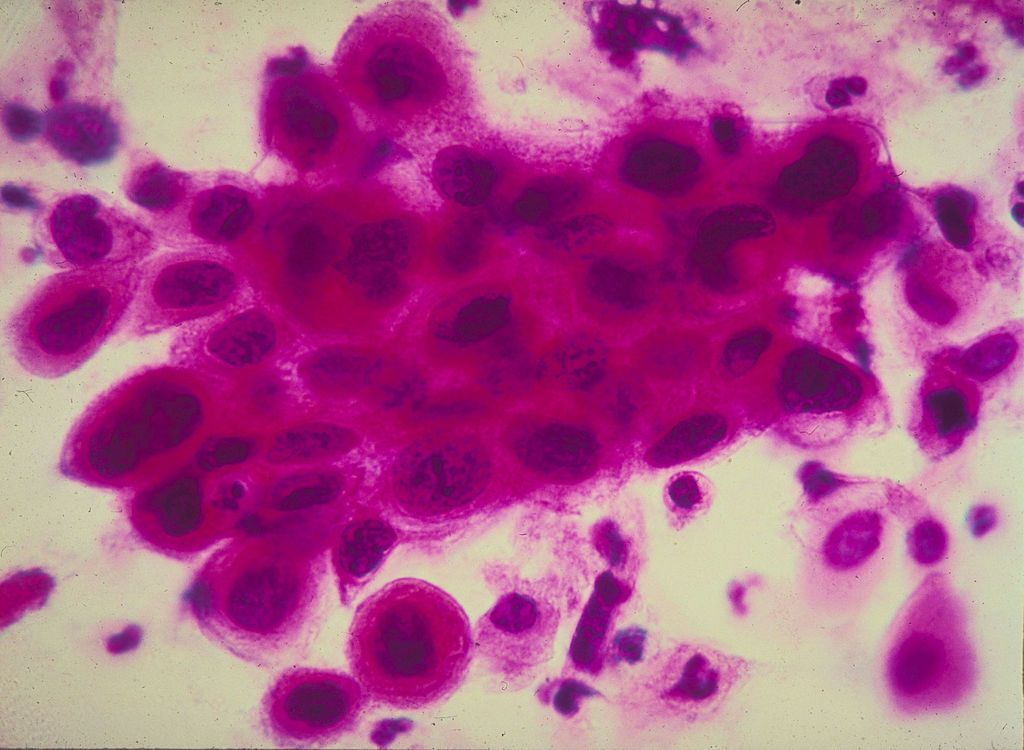Airbus to Replace Fleet of Chartered Vessels with Greener Ships in Effort to Reduce Emissions
European aircraft manufacturer Airbus has announced its plans to replace its entire fleet of chartered vessels responsible for transporting aircraft subassemblies between production sites in Europe and the United States. The company aims to replace these vessels with more environmentally friendly and efficient ships.
Airbus has partnered with shipowner Louis Dreyfus Armateurs to construct and operate three state-of-the-art, low-emission roll-on/roll-off vessels. These modern ships will be equipped with wind-assisted propulsion and are expected to enter into service in 2026.
This move is a significant step towards Airbus’ environmental goals. By 2030, the upgraded fleet is projected to reduce annual transatlantic CO2 emissions from 68,000 to 33,000 tonnes. It aligns with Airbus’ commitment to reduce overall industrial emissions by up to 63% by the end of the decade, in line with the 1.5°C pathway outlined in the Paris Agreement.
Nicolas Chrétien, Head of Sustainability & Environment at Airbus, emphasized the importance of this fleet renewal in mitigating the company’s environmental impact. He highlighted the enhanced fuel efficiency of the proposed vessels, which incorporate advanced technologies like wind-assisted propulsion. Airbus aims to lead the charge in decarbonizing not only aviation but also its broader industrial operations.
Edouard Louis-Dreyfus, President of Louis Dreyfus Armateurs, expressed the company’s satisfaction at being selected by Airbus for this project. He emphasized their shared ambition to contribute to the decarbonization of the shipping industry. Louis Dreyfus Armateurs takes pride in supporting its customers in transitioning towards sustainable practices.
Airbus will gradually phase out its existing chartered vessels responsible for transporting aircraft subassemblies across the Atlantic. The new vessels will harness wind energy for forward propulsion, along with dual-fuel engines running on maritime diesel oil and e-methanol. Specialized routing software will optimize the vessels’ journey, leveraging wind power while avoiding adverse ocean conditions.
The upcoming transatlantic vessels will have increased capacity, capable of carrying about seventy 40-foot containers and six sets of single-aisle aircraft components. This will support Airbus’ goal of ramping up A320 family production to 75 aircraft per month by 2026.
The fleet overhaul represents a notable improvement from the three to four sets typically transported by the existing cargo ships.
Overall, this initiative by Airbus demonstrates the company’s commitment to reducing its environmental impact and leading the way in sustainable practices within the aviation and shipping industries.

I have over 10 years of experience in the cryptocurrency industry and I have been on the list of the top authors on LinkedIn for the past 5 years. I have a wealth of knowledge to share with my readers, and my goal is to help them navigate the ever-changing world of cryptocurrencies.






